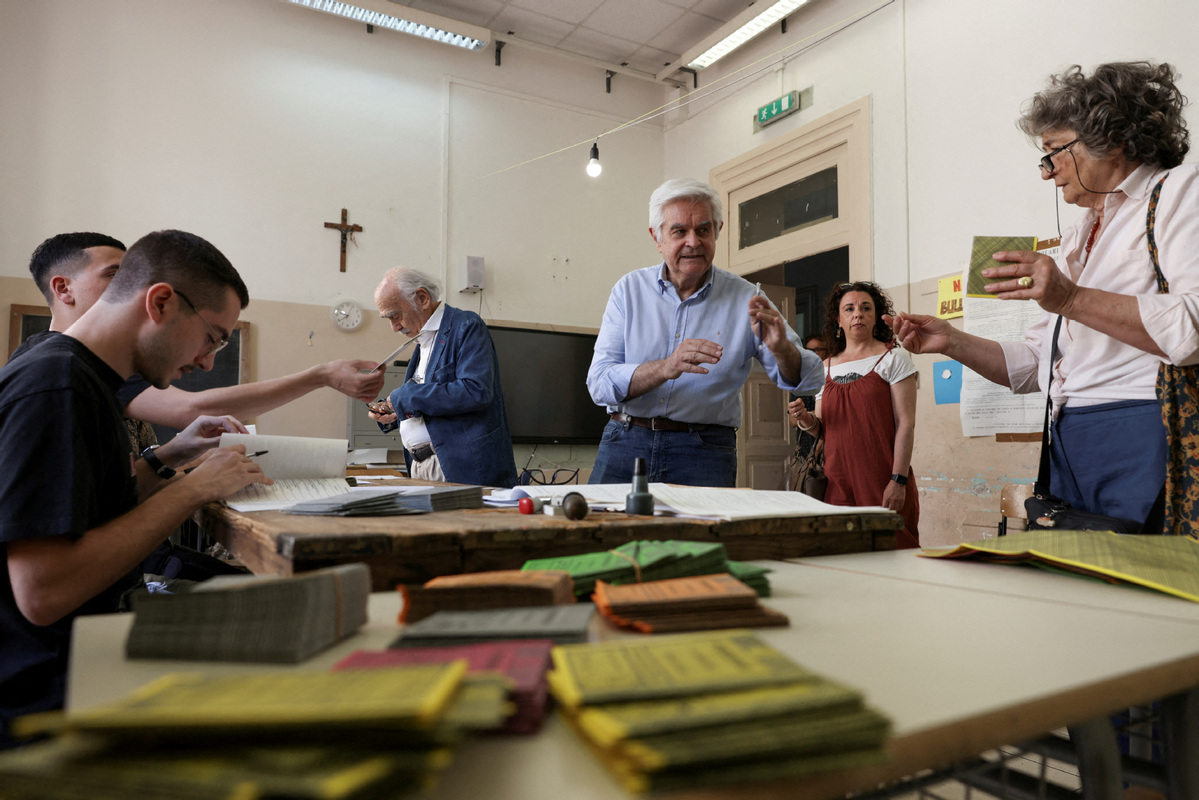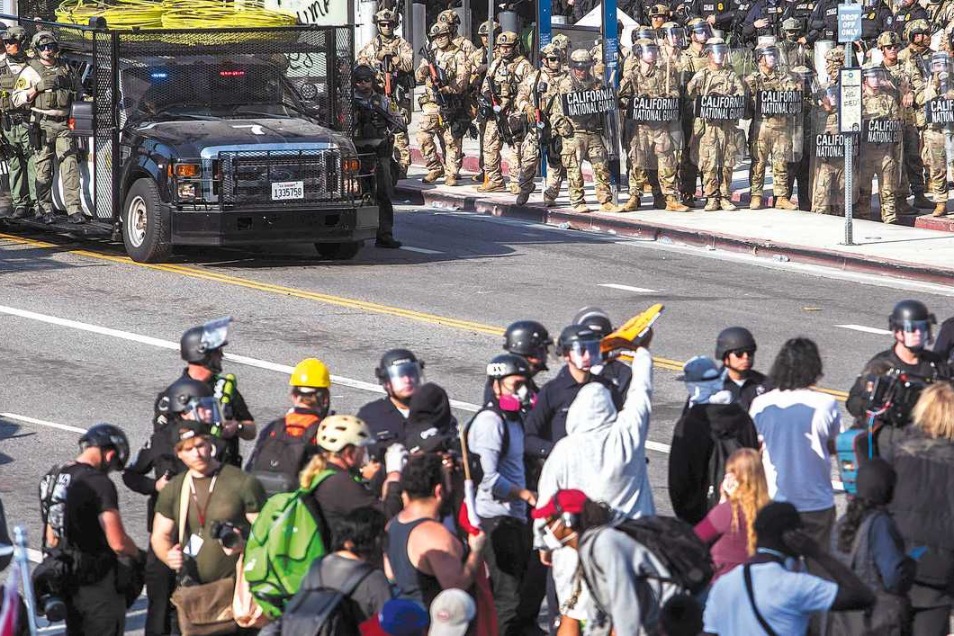Low turnout mars Italian citizenship referendum


An Italian referendum on citizenship laws and labor rights has failed because of low turnout, following Prime Minister Giorgia Meloni and right-wing parties' active encouragement of voters to boycott the process.
The ballot, held on Sunday and Monday, proposed halving citizenship waiting periods from 10 to five years and reforming labor protections. It failed when only 30 percent of eligible voters turned out, far below the 50 percent threshold required under Italian law.
The outcome deals a setback to the coalition of center-left parties, civil society groups, and union leaders who backed it while handing a political victory to Meloni's government.
Maurizio Landini, secretary-general of the CGIL trade union federation, said it was still a "starting point" on important issues that remain "on the table" for Italy, which faces a demographic crisis with an aging population and one of Europe's lowest birth rates.
"There is an obvious crisis of democracy," Landini said in his concession speech.
Boycott strategy
Following through on her declared intention, Meloni made an appearance at a Rome polling station on Sunday but abstained from voting, part of her coalition's broader strategy to urge supporters to stay home.
The boycott strategy drew sharp criticism. Elly Schlein, leader of the Democratic Party, called it a "betrayal of the constitutional principles that establish voting as a civic duty".
The referendum faced strong opposition from Meloni's Brothers of Italy party and other right-wing parties who seek fewer immigrants and view Italian identity as tied to ancestry.
Senate President Ignazio La Russa, from Brothers of Italy, said last month that he would "campaign until people stay home".
According to the Italian newspaper La Repubblica, Brothers of Italy circulated a memo saying it was "absolutely against" the referendum and urged members to abstain from voting.
































